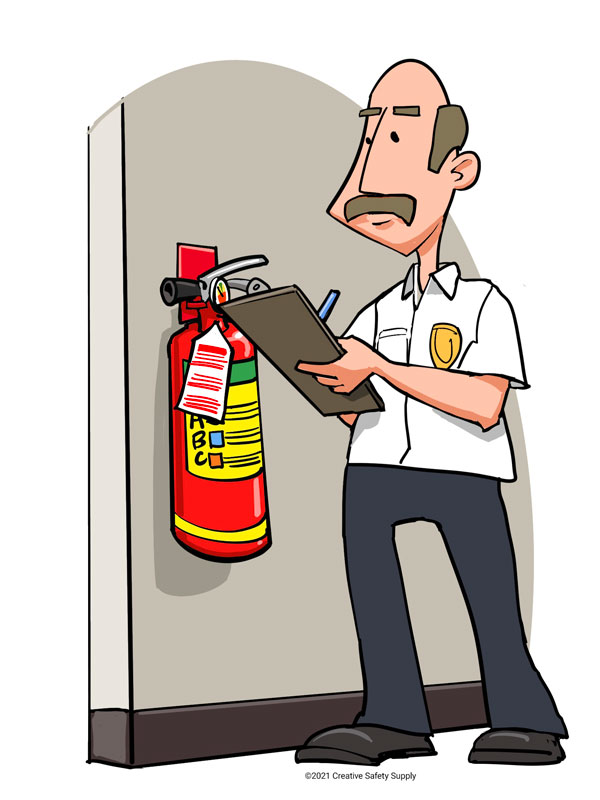Sydney businesses need to ensure they are protected from fires. This isn’t just to comply with the law, but also to protect their employees, customers, as well as their property. Fires can result in devastating loss in a matter of minutes, however the risk can be minimized or prevented with the right precautions in place. Regular inspections of fire hazards, regular tests of electrical systems and conformity with CFSP standards all help to ensure that the environment is safe.
Fire inspections are why they are the cornerstone of safety
Fire inspections are the first protection against possible hazards. These inspections make sure that all the components of the fire protection system are functional and current. Many businesses operating in Sydney are required to perform inspections 6 or 12 times a year, depending on the kind of building they are operating and the council regulations. An inspection often covers everything from fire alarm panels to sprinkler systems to smoke alarms, hydrants and extinguishers, and emergency lighting.

Inspections are crucial as they allow you to spot hidden problems before they become hazardous. While it might not be important, but a small problem that involves a fire hydrant or a smoke alarm that’s blocked can result in death in the event of a crisis. Regular fire inspections are a proactive method for business owners to not only ensure they meet their obligations to comply, but also protect themselves from unplanned tragedies.
Electrical risks that are not obvious can be identified by conducting tests and tagging
Electrical systems can be the main cause of fires in workplaces. Testing and tagging are consequently an essential element of an overall plan to ensure the safety of fire. The process involves testing electrical equipment for safety, functionality and compliance, after which attaching a tag to indicate that the product has been examined. This is a condition that’s not always straightforward to meet. For many companies it’s a way to protect themselves from possible risks.
Old, worn-out, or unchecked cables, appliances with problems and wiring that are not updated can rapidly become fire hazards. Through regular testing and tagging, businesses can reduce the likelihood of electrical problems that could cause fires. Additionally, it helps employees feel confident that their environment is safe, which builds confidence and trust in the workplace. In conjunction with fire inspections and testing, this comprehensive safety plan reduces risks from a variety of angles.
The importance of CFSP in ensuring compliance and Certification
In New South Wales, only a Competent Fire Safety Practitioner (CFSP) is able to sign and certify important documents for fire safety, like Annual Fire Safety Statements. The introduction of CFSP accreditation has raised the standard of fire safety by ensuring that only experts with qualifications assess and validate safety measures. Working with a CFSP ensures that reports and inspections are not just paper work, but are backed by reliable assessments from experts.
The role of a CFSP extends far beyond ticking boxes. They offer detailed reports and confirm compliance to rules and regulations. Businesses that are not equipped with CFSP certification run the risk of being fined, facing legal issues or even closing down when they are deemed as lacking in fire protection. A partnership with certified professionals guarantees that the systems for fire safety are in place properly and compliance requirements are met without unnecessary stress.
Fire Safety as an Ongoing commitment
Every business owner has a responsibility to ensure that fire safety is a priority. The process of ensuring safety is never ending with regular inspections, examining electrical systems on a regular basis, and certifying under CFSP supervision. Beyond ensuring compliance with the law, this approach promotes a workplace culture of safety. Employees are able to feel secure knowing that evacuation plans have been established and smoke detectors are functioning the emergency lighting is tested and the fire suppression system is ready to use.
Fire safety is a ongoing process, not a checkbox which businesses must mark each year. This lowers the risk and enhances the reputation of a company. When safety is the top priority customers and clients feel more secure. In the long run, investing in proactive fire prevention saves cost by preventing costly damages, fines, and legal fights.
Conclusion
Sydney fire safety needs an extensive approach that includes fire inspections, testing tags and certifications by an CFSP. Each of these components is crucial in assisting businesses to comply with regulations, but more importantly in securing property and people. Businesses that make safety the top priority in their work and not just a secondary note will be able to meet their legal obligations as well as create a more stable, secure environment.